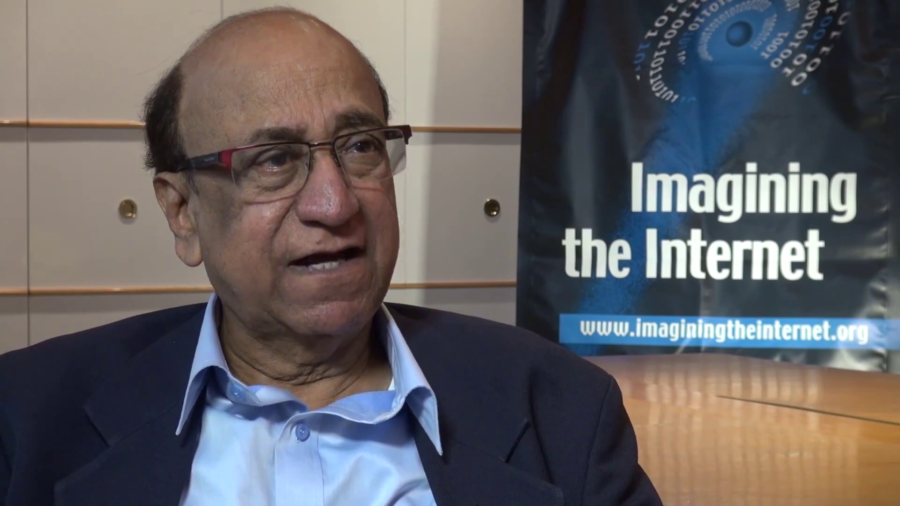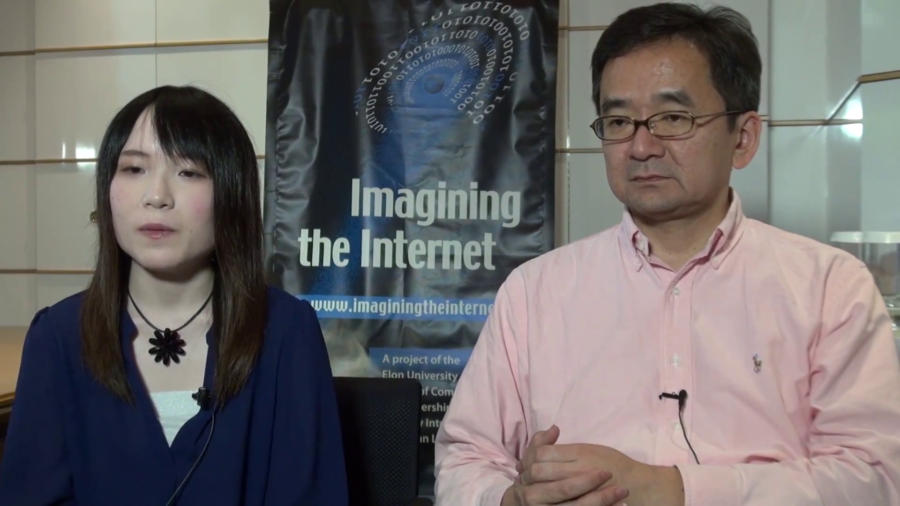The breakthrough moments were the moments when you succeeded in establishing communication. To a person in our field it’s a bit like the moment when Marconi tries to establish communication over the Atlantic. And you’re personally reenacting it in your own life, doing it in a different context using a technology.
Internet Hall of Fame 2014 (Page 1 of 6)
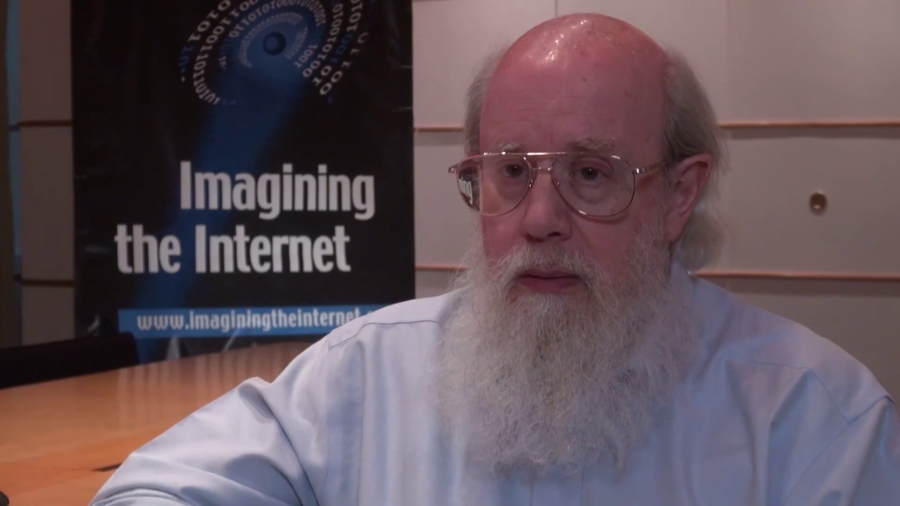
Pay attention. You can’t leave it to others. You have to pay attention. That this is…while it’s in the political sphere, it is politicians talking to politicians, trying to figure out how to control this thing. It’s in your future. It’s in all of our futures, but you’ve got more of a future than I.
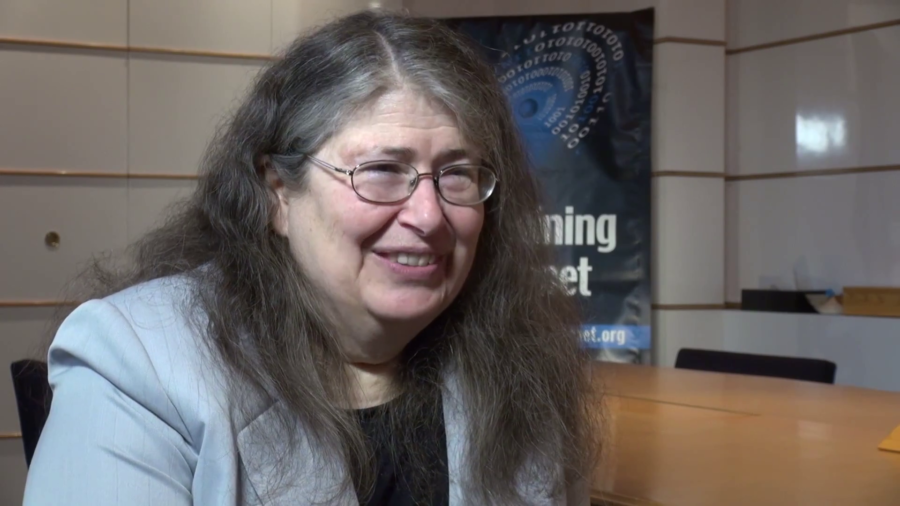
The things that I designed made it so that the network would…you know, be self-fixing and self-organizing. There’s a lot of things that other people designed that are fancy features that work if you’ve configured them exactly right but if you make mistakes it just will be horrible. And so I’ve tried to talk to people like that sometimes, and they claim their customers love to configure things and they never make mistakes.
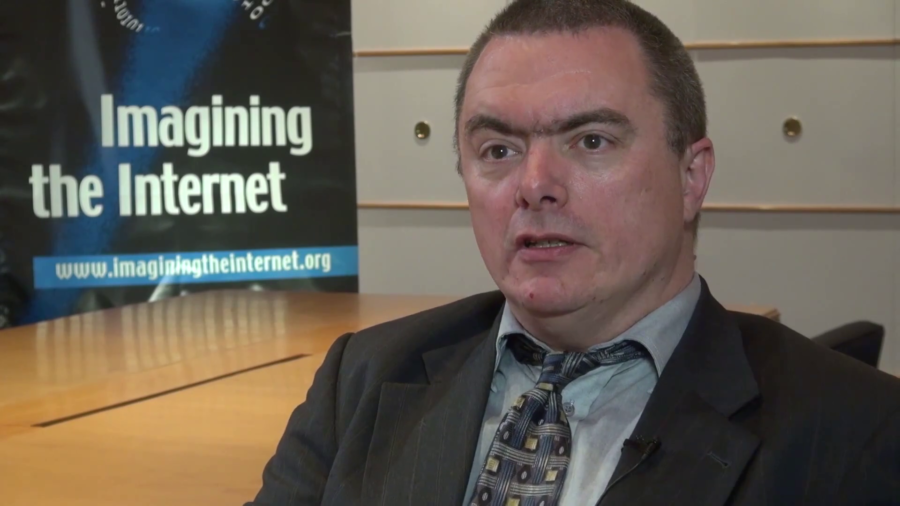
When I contemplate “how do we get to the best possible future of the Internet,” I am thinking more in terms of inaction than action. I would like to encourage deliberate inaction in the form of keeping hands-off. I would like large companies or national governments to look at the Internet and say “This is pretty cool, and if we put our hands on it and try to make it what is gonna be best for us in our lifetimes, it’s going to cause everyone else to do likewise.”
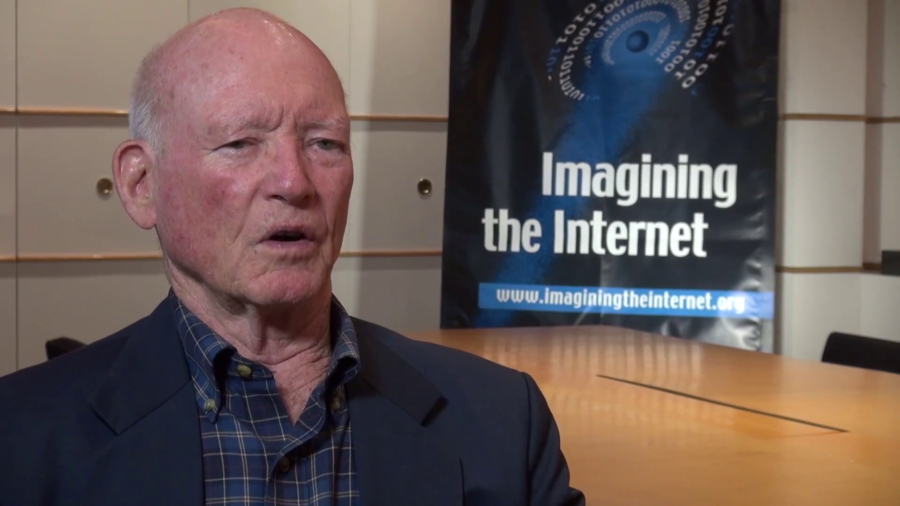
There was a very tense period between 1984 and 1988 when the telecommunications companies were aggressively trying to promote their own view of where high-performance networking technology should go. And that view was founded in a top-down command and control engineering model. Those of us who were in the research universities, who felt very strongly that the end-to-end, loosely-connected Internet technology was the way to go in order to build a more robust and scalable system really had to fight very hard.
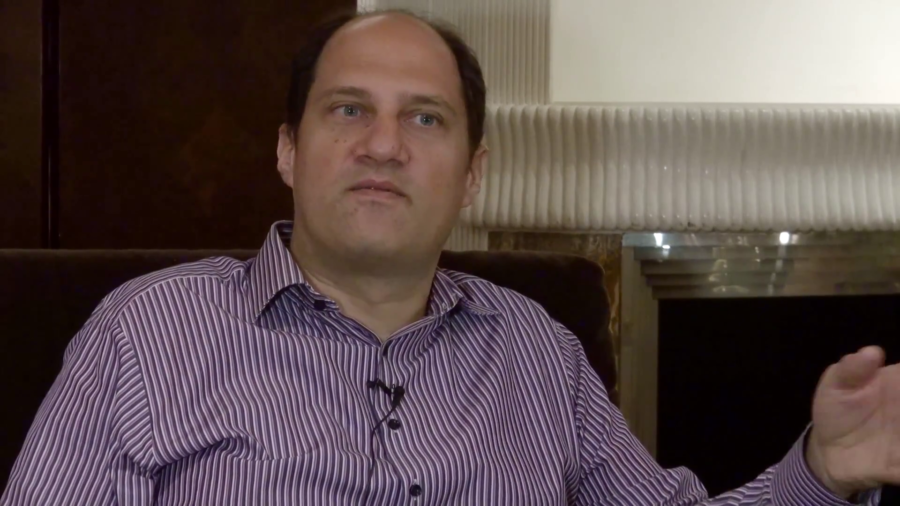
2014 Internet Hall of Fame Interviews: Michael Kende
presented by Michael Kende
In the late 90s I was working for the FCC. And there was a series of mergers that took place between the big Internet backbones of the time. Now a lot of them don’t exist or they were bought up, but MCI, WorldCom, UUNET, Sprint. And so I got involved in looking at the antitrust implications of those mergers.
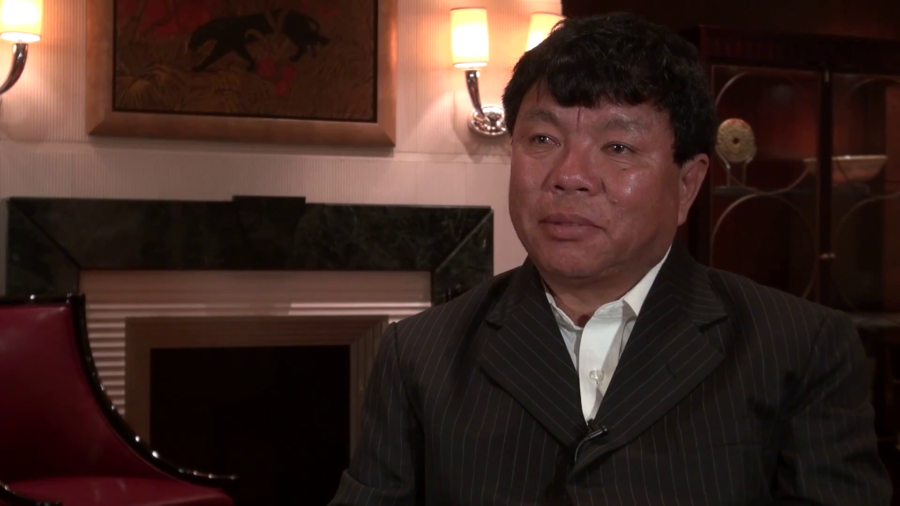
I started building a wireless network in my country Nepal in early 2000, when the wireless technology was just coming. Nobody then believed that it was possible to build a wireless network in the remote Himalayan region, and to bring Internet to the remote villages where there are no roads, no telecommunication services.
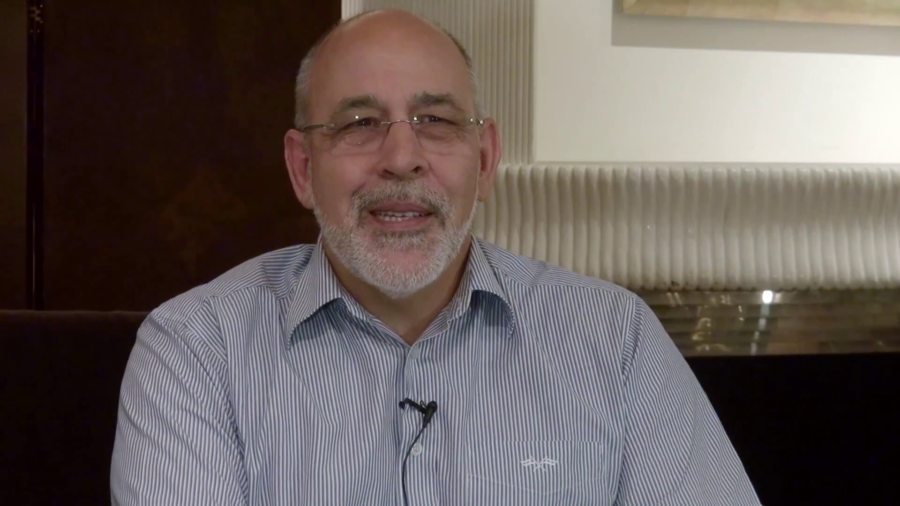
2014 Internet Hall of Fame Interviews: Keith Davidson
presented by Keith Davidson
I think the last big thing that happened on the Internet was the release of the World Wide Web in 1993. And I think since then, while there’s been Facebooks and other things, they’re just applications that are using the World Wide Web. So I’m not sure there’s been a next big thing since 1993.
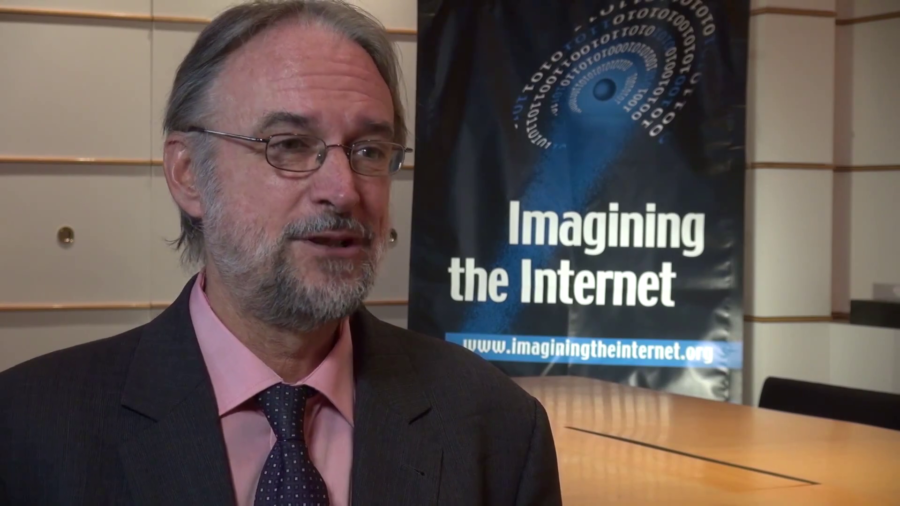
I remember a day quite some time ago—I think it must have been 2001 or so, when I was here for a conference and I looked at the display of one of these electronics shops and I saw thirty different brands of MP3 players. So I said okay, finally we got the breakthrough, now everybody uses it.

